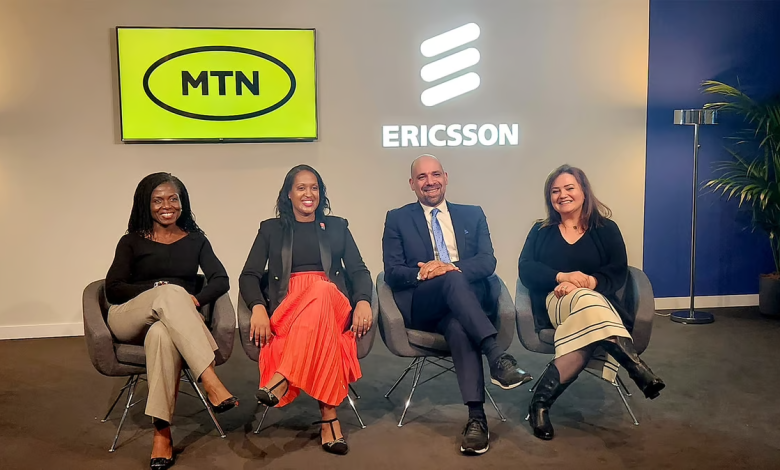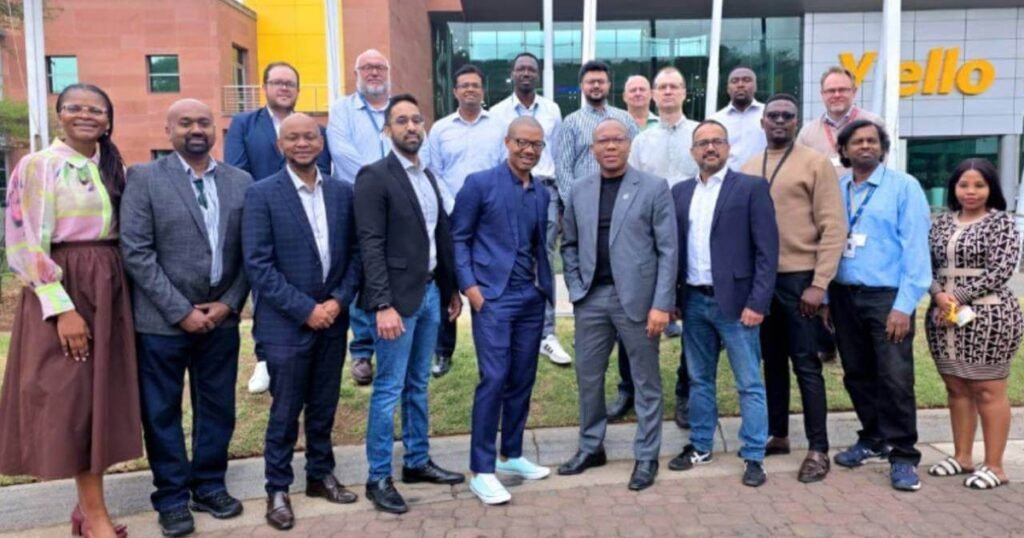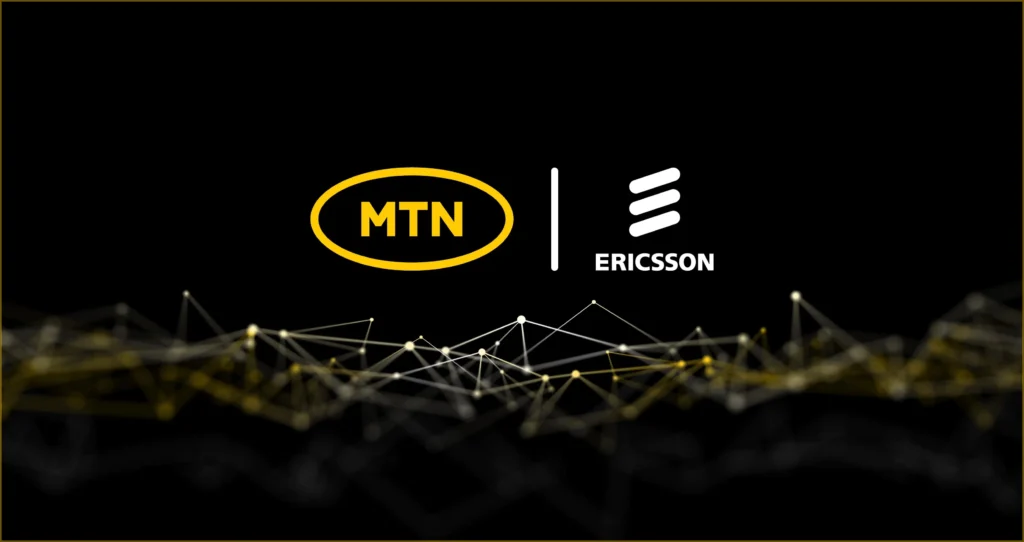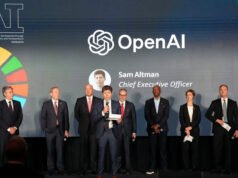In a move that’s turning heads in Nigeria’s telecom ecosystem, Ericsson and MTN Nigeria have jointly announced the completion of a field trial that could reshape how we experience mobile connectivity. The trial, centred around Ericsson’s latest radio unit, signals a shift from incremental upgrades to smarter, more efficient network solutions. For ordinary users—from Lagos to Kano—this development promises faster downloads, smoother streaming and fewer “buffering” moments when demand peaks.
Ericsson describes the trial as the first for MTN Nigeria of a “triple-band FDD massive MIMO radio that integrates the telco’s entire 4G mid-band spectrum into a single, compact radio unit.” This is a step away from older, bulky setups towards more streamlined infrastructure.

Table of Contents
What the new hardware delivers—behind the scenes
At the heart of this upgrade is Ericsson’s AIR 3284 radio unit. This single piece of equipment replaces multiple traditional radio units, bringing with it a range of operational advantages: reduced tower space, lower power consumption and fewer maintenance headaches.
But the benefits aren’t just about infrastructure. The unit supports dynamic capacity configuration: it can shift its resources in real time to match where and when network demand is highest. This intelligent behaviour means MTN Nigeria can deliver higher performance exactly when it’s needed—during major events or in busy city centres, for example—while reducing overheads.
During the trial, MTN Nigeria’s Chief Technology Officer, Yahaya Ibrahim, revealed that the AIR 3284 achieved 3.2 times the downlink speeds and around 4 times the uplink speeds, raised user throughput by more than 50 %, and significantly eased network congestion—even in high-traffic situations serving millions of users.
Adding to this, Ericsson’s Vice President and Head of West and Southern Africa, Majda Lahlou Kassi, noted that the equipment is not only built for today’s 4G traffic but also engineered with future-readiness for 5G in mind.

What this means for users, operators and the ecosystem
From a user perspective, the upgrade brings the promise of a swifter, more reliable mobile experience. Whether you’re streaming a live match in Abuja or uploading work files in Port Harcourt, improved speed, reduced latency, and fewer dropped calls matter.
For MTN Nigeria, the benefits extend to cost savings and greater flexibility. The new setup reduces the number of individual radios needed, lowers cabling complexity and cuts energy use—all of which help reduce operating expenditure (opex). With smoother operations and fewer sites hitting capacity limits, the network becomes more resilient. As Yahaya Ibrahim put it: “We have witnessed a reduction in complexity, optimisation of operations, and a faster, more reliable experience — precisely when and where our customers need it.”
From a broader ecosystem perspective, Nigeria, like much of Africa, is in the midst of a leapfrog moment. Traditional network rollouts are expensive and time-consuming. Technologies such as those being trialled now allow operators to scale more quickly, efficiently, and sustainably. Reduced power use is a strong plus in regions where electricity is costly or unreliable. Compact designs make infrastructure roll-out easier in dense urban environments or remote areas.
Challenges ahead of this Ericsson and MTN partnership and the road to wider rollout
Of course, the trial marks a milestone, not the finish line. Scaling from pilot to full deployment brings its own hurdles. Operators will need to plan for equipment rollout across thousands of sites, coordinate with regulators, manage supply chains and handle workforce training.
For MTN Nigeria, the question will be how to roll this solution out at scale — how quickly, how cost-effectively, and how to ensure service continuity while the upgrade progresses. There may also be legacy equipment that needs phasing out, and older sites might not be compatible without additional investment.
On the regulatory front, Nigerian telecom policy will need to keep pace: spectrum management, permissions for infrastructure upgrades and ensuring fair competitive conditions will all matter. Moreover, as the equipment is also 5G-ready, staying ahead of the curve means planning for 5G consumer uptake, services, and business models.
Lastly, user expectations are rising. As operators advertise faster speeds, users will judge performance more critically, and environmental and social issues, such as power consumption and the carbon footprint of network infrastructure, are increasingly part of the narrative.

Conclusion
In a country where connectivity can shape business, education and social opportunities, the joint move by Ericsson and MTN Nigeria signals a meaningful step forward. The partnership showcases how smarter infrastructure can deliver better services while controlling costs and resource use. For everyday Nigerians—mobile users, students, remote workers—this upgrade carries real promise. As rollout accelerates, the network behind our phones may become not just faster, but more adaptable, efficient and ready for whatever comes next.
Join Our Social Media Channels:
WhatsApp: NaijaEyes
Facebook: NaijaEyes
Twitter: NaijaEyes
Instagram: NaijaEyes
TikTok: NaijaEyes





